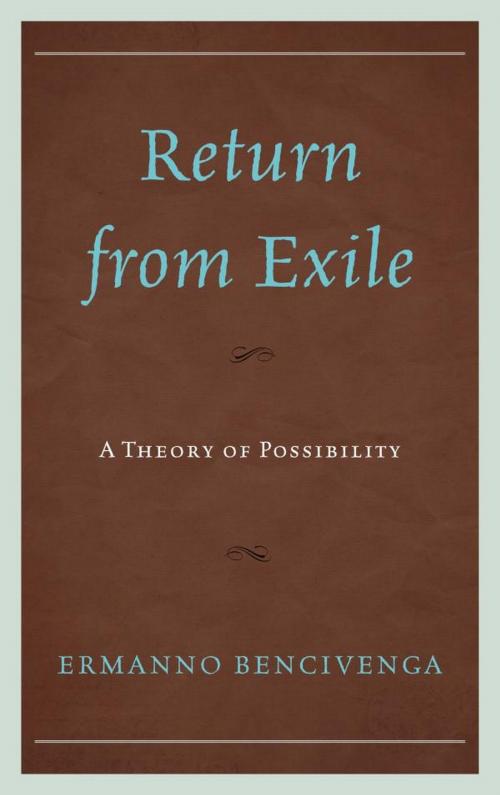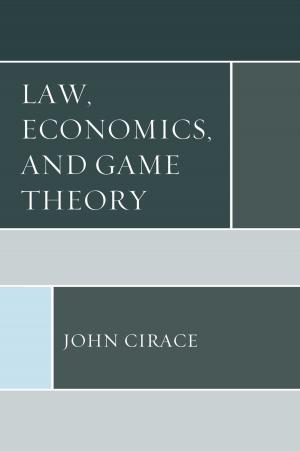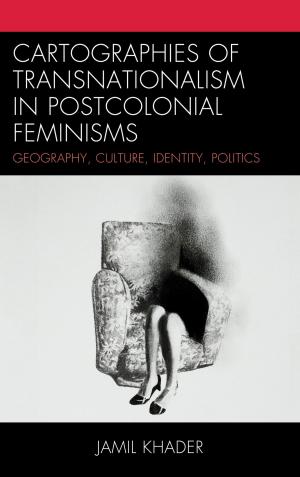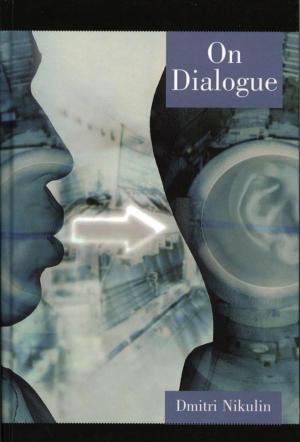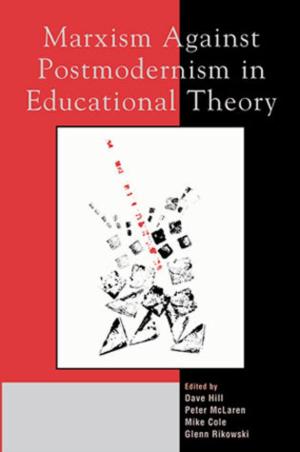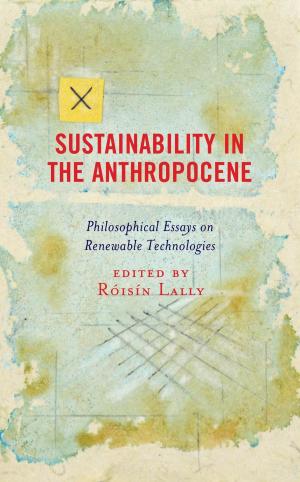Return From Exile
A Theory of Possibility
Nonfiction, Religion & Spirituality, Philosophy, Metaphysics, Mind & Body| Author: | Ermanno Bencivenga | ISBN: | 9780739187586 |
| Publisher: | Lexington Books | Publication: | October 29, 2013 |
| Imprint: | Lexington Books | Language: | English |
| Author: | Ermanno Bencivenga |
| ISBN: | 9780739187586 |
| Publisher: | Lexington Books |
| Publication: | October 29, 2013 |
| Imprint: | Lexington Books |
| Language: | English |
In modern thought, possibility has been exiled to other worlds, in a move best typified by Leibniz. And the move has obvious repercussions in popular culture, where possibility is lived mostly as an exotic evasion, whose outcome--consistently with the Leibnizian model--reinforces the hold of conventional reality, elevating it all the way to a necessity. Return from Exile: A Theory of Possibility sees this outcome as a challenge. It is divided into three main parts. In the first, Ermanno Bencivenga presents the Leibnizian model in some detail, together with its heirs in the contemporary semantics of modal logic. The second part consists of taking a path through our philosophical tradition looking for means of answering the challenge; in the course of doing this, Bencivenga brings out important concepts—first and foremost, the multiplicity of the self and the political need to bring unity to this multiplicity. The third part provides an elaborate response to the challenge, in the form of a metaphysical theory that is centered not on objects but on patterns, repeatable entities, and on the dialogue that exists, or does not exist, among patterns—a dialogue that constitutes (human and non-human) subjects.
This alternative account to the modern understanding of possibility, wherein reality is literally constituted of multiple possibilities, will be of great value to students and scholars in philosophy, critical theory, political science, and anthropology. Eschewing many traditional fetters of academic writing, it can also be read by anyone interested in these topics.
In modern thought, possibility has been exiled to other worlds, in a move best typified by Leibniz. And the move has obvious repercussions in popular culture, where possibility is lived mostly as an exotic evasion, whose outcome--consistently with the Leibnizian model--reinforces the hold of conventional reality, elevating it all the way to a necessity. Return from Exile: A Theory of Possibility sees this outcome as a challenge. It is divided into three main parts. In the first, Ermanno Bencivenga presents the Leibnizian model in some detail, together with its heirs in the contemporary semantics of modal logic. The second part consists of taking a path through our philosophical tradition looking for means of answering the challenge; in the course of doing this, Bencivenga brings out important concepts—first and foremost, the multiplicity of the self and the political need to bring unity to this multiplicity. The third part provides an elaborate response to the challenge, in the form of a metaphysical theory that is centered not on objects but on patterns, repeatable entities, and on the dialogue that exists, or does not exist, among patterns—a dialogue that constitutes (human and non-human) subjects.
This alternative account to the modern understanding of possibility, wherein reality is literally constituted of multiple possibilities, will be of great value to students and scholars in philosophy, critical theory, political science, and anthropology. Eschewing many traditional fetters of academic writing, it can also be read by anyone interested in these topics.
